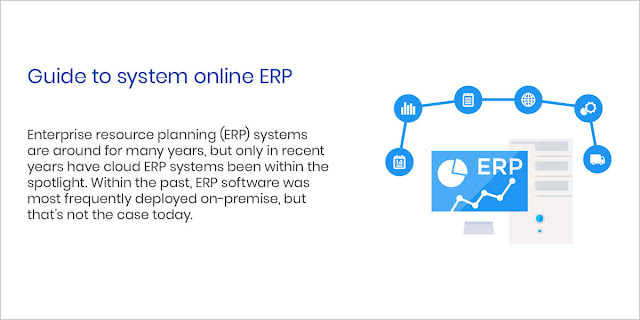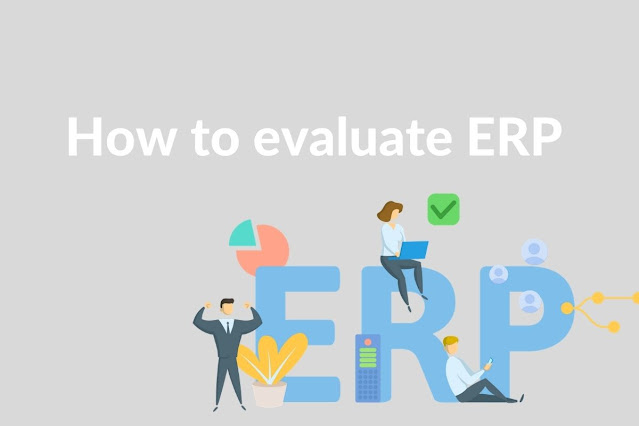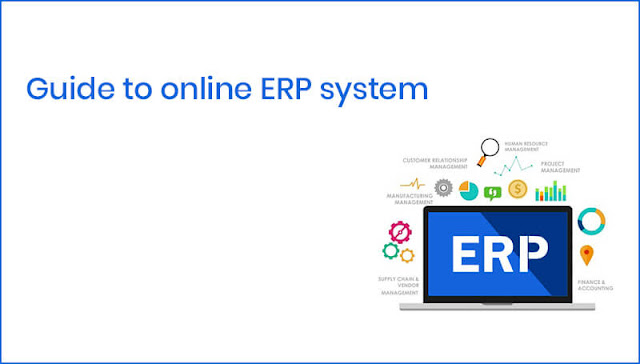Guide to system online ERP
ERP is software that unites, streamlines and standardizes business processes of the corporate across different departments. ERP systems work on an integrated software platform employing a single company database. With a successful ERP, a corporation can manage its processes longer and cost-effectively.
ERP systems tie together and
define a plethora of those business processes, and enable the flow of knowledge
between them. Today, ERP systems are critical for managing thousands of
companies of all sizes and altogether industries. Towards the start, when ERP software first came into the market, it had been primarily designed for
inventory management. Today, ERP systems have evolved to encompass tons of
other back and front-office operations.
What does an ERP system do?
Order integration
With an ERP system, all the
corporate orders are coordinated with one tool during a simple and efficient
manner. There are not any delays and bottlenecks.
HR information standardization
Many businesses face great
challenges when it involves handling employee personal information, time
reporting, training, scheduling, certificating then on. With an efficient ERP,
all of those processes are integrated into the corresponding tool and may be
handled easier and faster compared to traditional methods.
CRM tool utilization
With its help, companies can
track customer interactions and obtain insights needed for studying customer
behavior better.
Standardization and acceleration of producing
processes
With an ERP system, the most
and supporting processes of producing are often unified for the sake of cost
reduction, productivity boost, and time-saving.
Procurement standardization
An ERP makes it easy to handle
purchases across the corporate departments, analyze and track them.
Facilitation of state reporting
With ERP systems, different departments of the
enterprise can send the needed reports to the govt. easier.
Accounting management
An efficient modern ERP system integrates with
the company’s accounting and helps businesses analyze their numbers better.
How to find the right ERP?
Such a system is meant to run
on A battery of network configurations and hardware, comprising hosted
(cloud-based services and software) and on premises (client-server model).
Correct implementation of ERP
system?
- The whole Enterprise Resource Planning system should be overhauled
from time to time. Comprehensive need assessment must be done by businesses
before selecting the proper ERP solution.
- While assessing the necessity, the business must not forget its
core objectives; in other words, each of the assessed needs must be in line
with the company's goals.
- Another factor to make sure the proper implementation of ERP
solutions is that the selection of the right vendor. An experienced vendor who
can understand the necessity of business must be partnered with.



Comments
Post a Comment